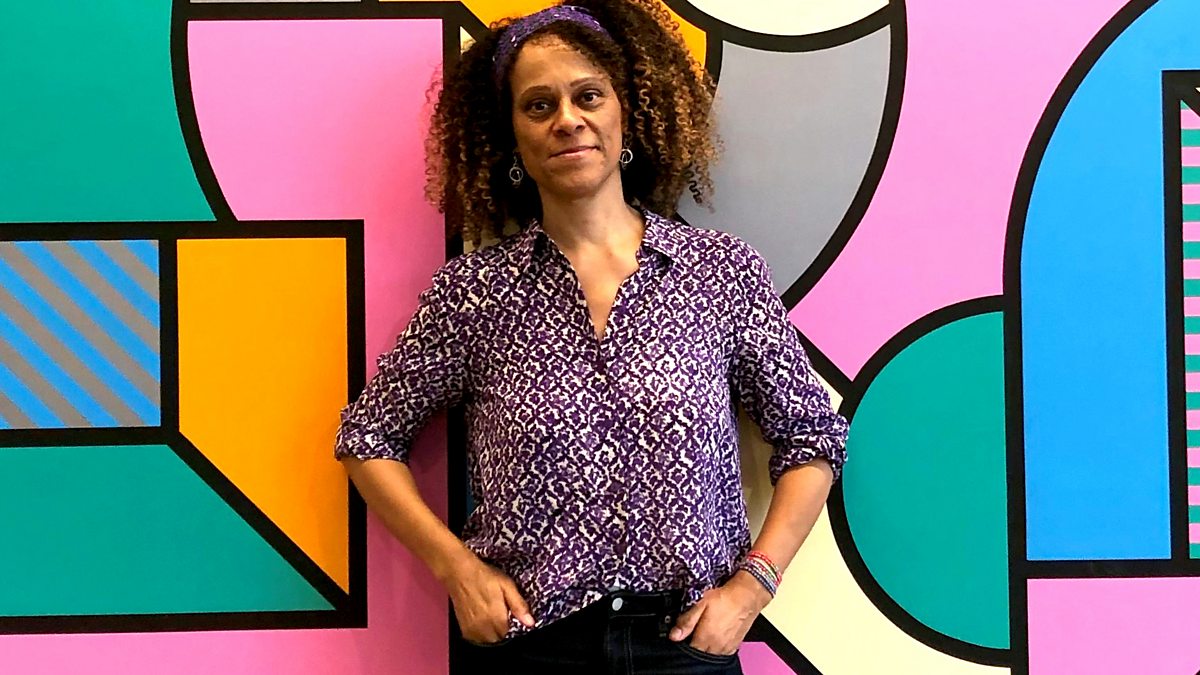In a historic victory, Bernardine Evaristo won the Booker Prize in 2019 for her novel, ‘Girl, Woman, Other’. She is a Professor of Creative Writing at Brunel University London.
For her ‘Girl, Woman, Other’ was the manifestation of a decade’s old dream; challenging herself to set an unrealistic goal early in her career, she had chosen to visualise winning the prize.
Whether she’d imagined commanding the attention of a former US president during his downtime she couldn’t say before. In any case, Barack Obama is also a fan and in fact, he named Bernadine’s Girl, Woman, Other, one of his best reads of 2019.
The novel explores how race, sexuality, gender, history and economic stratification intersect to define the experiences of the women in the novel.
“I wanted to write a book that had as many black British women in it as possible because there were so few of us getting published and so we weren’t present in British fiction or fiction anywhere in the world to be honest. So I just decided to put 12 girls together and see how it goes.”
The book hit the top of the charts in light of recent Black Lives Matter protests which occurred earlier this year.
“It’s astonishing to see that the book is current with the times and has become a best-seller because in my mind it’s a book that I wrote when very few people knew my work and it’s very much the kind of book I would write which is radical and experimental.”
“For it to reach the best-seller list, and to stay at number one for quite a while was surreal. It’s the power of the book actually.”
An activist and advocate, Bernadine, who is highly supportive of fellow black creatives in the creative industry has always taken the initiative to be a pacesetter among her peers.
Born in May 1959, the fourth of eight children, to an English mother and a Nigerian father, she grew up in London and spent her teenage years at the Greenwich Young People’s Theatre.
At home, growing up she had to deal with a full house and a father who didn’t want to pass on his history.
“It was a very busy house growing up. My parents bought the house in 1960 for £2,000 and it was a big old five bedroom Victorian house with two living rooms so there was space for us. We each shared a room with another member of the family and we didn’t have any money and my father always disciplined us, he didn’t talk much.”
My father didn’t tell us much about where he came from or his roots but he is from Nigeria. He did say later on that he wanted us to grow up as English children and so it wouldn’t be wise for him to tell us about his past or to pass on his language which was Yoruba and so he was a mystery.”
After deciding that she wanted to be a professional actor at the age of 14, Bernadine Evaristo did a Community Theatre Arts course at the Rose Bruford College of Speech and Drama in London.
After graduation she founded the Theatre of Black Women with two fellow students in the early 1980s and they began to write roles for themselves. By the late 1980s, she had decided that it was the writing she enjoyed most.
Her first poetry collection was published in 1994, followed by a semi-autobiographical verse novel called Lara three years later.
As more books followed, she experimented with form and narrative perspective, often merging the past with the present, prose with poetry, the factual with the speculative, and reality with alternate realities.
Some of her other novels include; The Emperor’s Babe (2001), Soul Tourists (2005) and Mr Loveman (2013).














